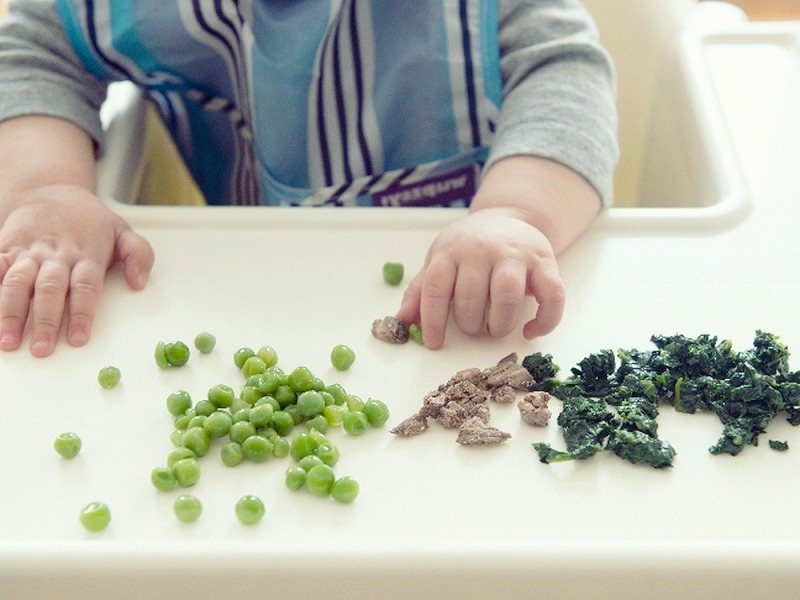Not having to fret over what to feed in an initial couple of months, makes a new mother’s life slightly easier. Breast milk or formula milk suffices when your body is still recuperating from childbearing fatigue. Once you regain your strength, it’s time for you to put your heart and head to what goes into your little one’s tummy. However, before you do that, you must make sure that your bundle of joy is ready to taste the new flavours of this world.
Is my baby ready for solids?
- Is your little one able to hold his head steady
- Is he able to sit without support
- Has he started putting his hands or other things in his mouth
- Does he show signs of interest when he sees you eating
If the answer to all the above questions is yes, well then, it’s time for you to pull up your socks; for your little bundle of joy is all set to step into the world of solids.
The grandeur in preparing him
- Keep your baby seated. This avoids choking.
- Allow him to play around with the food as part of the learning process.
- Introduce utensils and gently guide him to feel and use them.
- Never force-feed.
A good beginning is half the battle won
It’s rather a playful see-saw between the mommy and the toddler. You can consider beginning with the following Dos:
Start simple – begin with a rule of No salt- no sugar.

Give at least a three-day gap between two food types. The idea is to let the baby’s stomach adjust to the novelty. Moreover, it becomes easier to catch the culprit in case of allergies and body reactions.
- The time your baby turns five months, you can introduce vegies like spinach, kale, chard. The experts suggest to introducing veggies before fruits. The chances of rejecting vegetables by the baby are high once he has tasted the flavors of fruits.
- By the time he turns seven months old, he should be ready for dairy products like yogurt, cheese. You can also gently include red meat, chicken and eggs.
- 9 month onwards, he would need 3 to 4 solid meals a day. Rice, potatoes, fruits and veggies, fish, eggs, meat and pure juice with diluted water should make for these meals.
- Soups are another good option. You can boil and mash either greens or chicken/meat to make soups.
New research says, introducing them to a variety of foods before the age of one is a good way to avoid allergies from them later.
